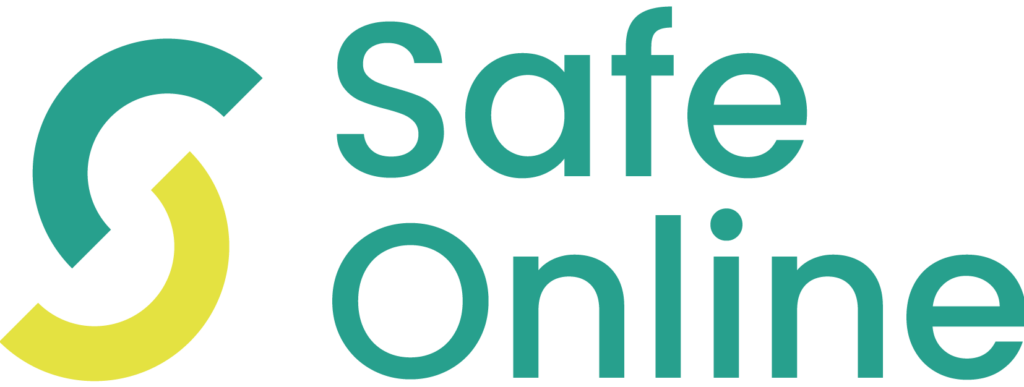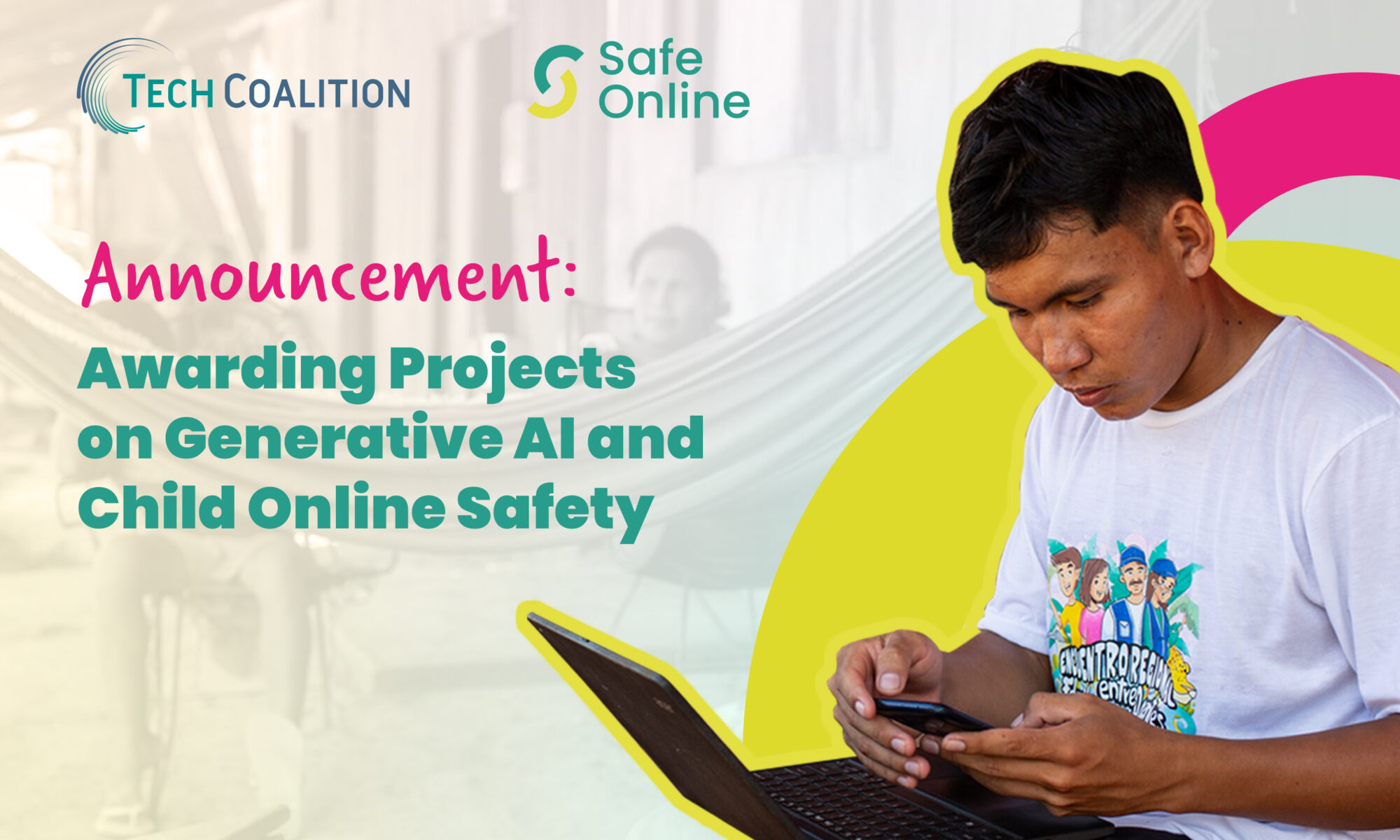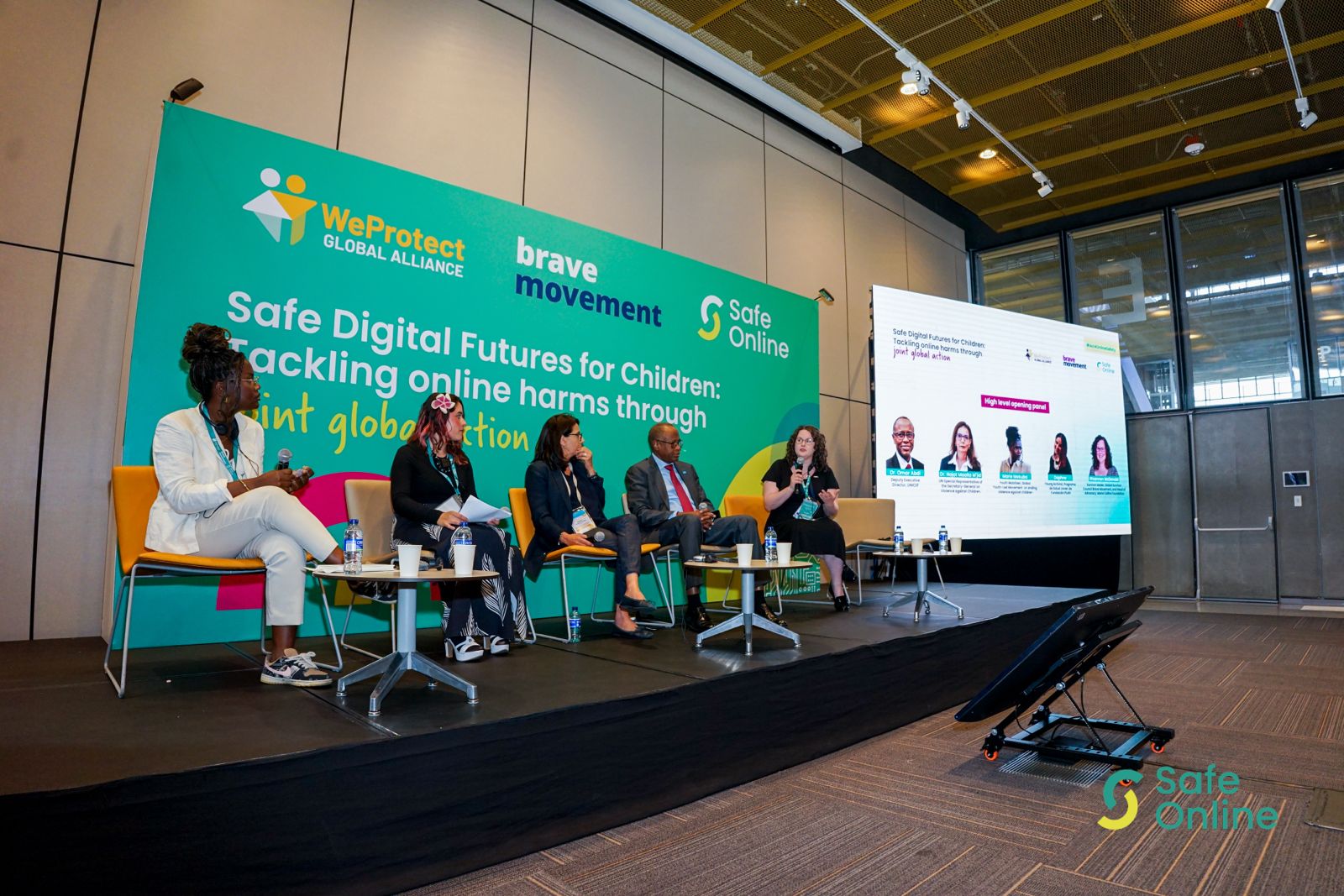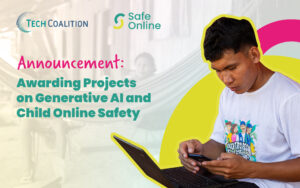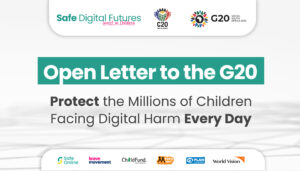Gen AI and Child Online Safety

Tech Coalition and Safe Online: Funding innovative research on Gen AI
The Tech Coalition Safe Online Research Fund is going into its fourth year!
Ongoing collaboration between Safe Online and the Tech Coalition will center the Research Fund’s efforts on generative AI , ensuring we make meaningful progress in this critical area. While this year’s funding is at a smaller scale than past years – USD$220K – we are applying a more targeted approach for amplifying impact by honing in on one topic and applying the approaches and structures for industry-researcher engagement that we have jointly built over the past three years.
An Anticipatory Step Supporting Independent Research
The Tech Coalition and Safe Online identified a crucial need as GenAI is rapidly developing, to increase the sparse research landscape on the intersections of GenAI and online child sexual exploitation and abuse (CSEA).
The first project, announced at the Tech Coalition’s UK generative AI briefing, will be led by the University of Kent. The study will build on the work Kent has begun as part of the first cohort of the Research Fund with increased collaboration with tech industry. The focus will be on the proliferation of AI-generated child sexual abuse material (CSAM) and its potential impact on attitudes, norms, and behaviors among those who engage with CSAM. This research will also explore how the ecosystems of prevention and perpetration may respond to these emerging threats.
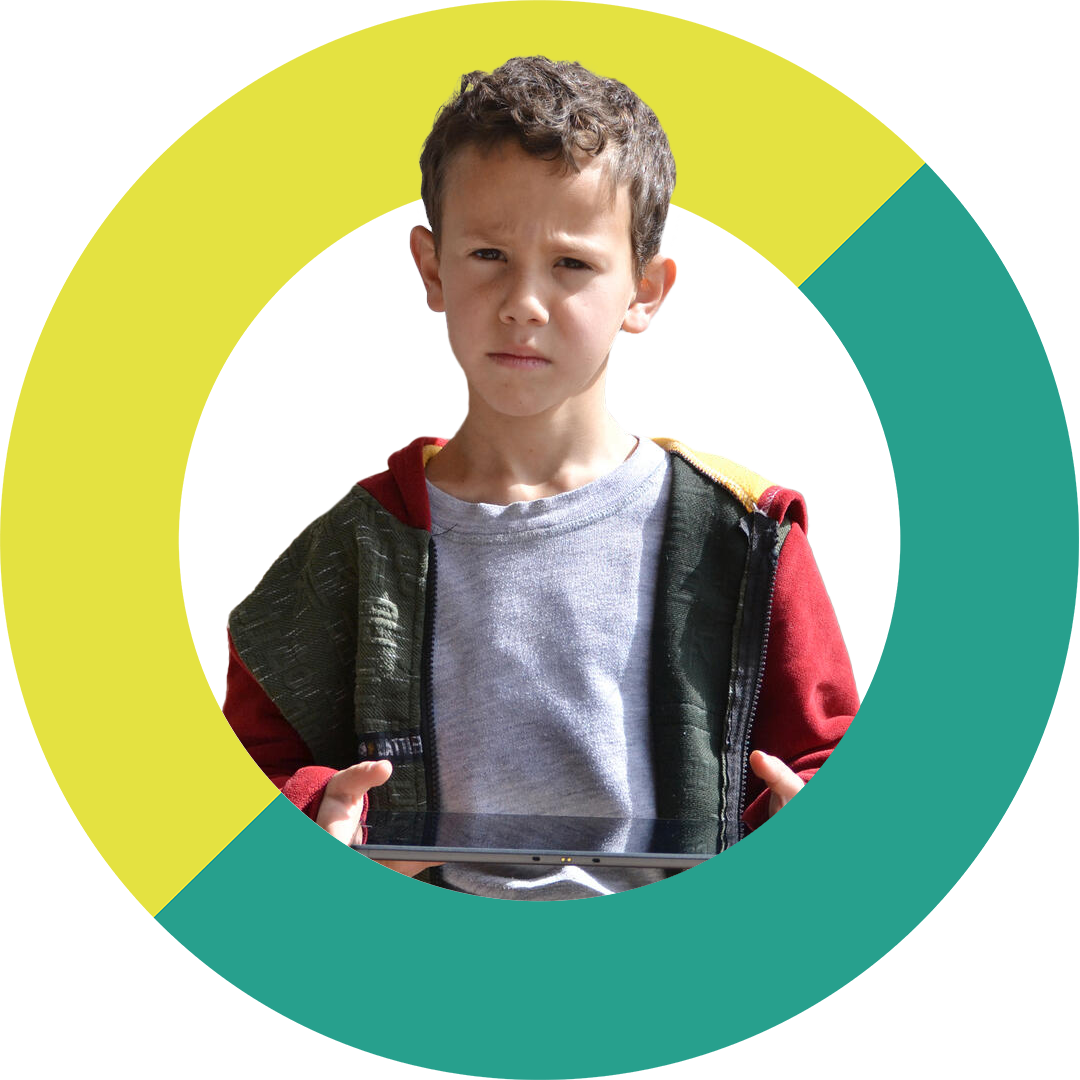
Youth Voices on AI: Shaping a Safer Digital Future
This project aims to directly engage children and youth in shaping AI development and regulation, particularly around online CSEA prevention. Led by Western Sydney University’s Young and Resilient Research Centre, the initiative will gather youth perspectives on AI, develop a “Youth Constitution for AI,” and inform policymakers about young people’s views on AI-related risks and safeguards.
The core focus of the project is aligning AI development with the values and safety concerns of young users. By understanding how youth perceive AI’s benefits and risks, particularly in relation to CSEA, the project will provide key insights for ethical AI development and governance. This initiative seeks to not only prevent online harms but also foster a generation of young people informed and engaged in shaping the future of AI.
GenAI misuse: Child-centered perspectives on risks and harms
This project, led by SaferNet Brasil, focuses on addressing the rising misuse of generative AI tools to create and share CSAM and self-generated explicit content by teenagers.
By involving adolescents in semi-structured interviews and participatory workshops, the project aims to create a nuanced understanding of these emerging practices and inform the development of child-centered safety policies. The findings will be shared with tech companies, enabling them to improve safety strategies, provide risk mitigation tools, and address the misuse of AI for harassment and exploitation. The project will also use findings to raise awareness through advocacy, with a focus on preventing online exploitation and fostering child participation in these efforts.
Moving Forward: New Opportunities for Multi-Stakeholder Collaboration

This round of the Research Fund marks a critical development in understanding the benefits for children and young people of genAI technologies as well as the risks associated with AI-generated content, and these projects are kicking off now through the beginning of 2025. The goal is to foster collaboration among key stakeholders—ranging from child safety advocates to law enforcement and tech companies—ensuring that the potential dangers of genAI are met with informed, actionable responses.
See more stories from our family of grantees

Safer Internet Day 2024: Safe Online calls for making #SafeTechnology a key priority!
Safe Online believes that a better internet is where all children and young people can safely enjoy all the benefits the online world has to offer. Now more than ever, there is an urgent need to make sure that this becomes a reality.
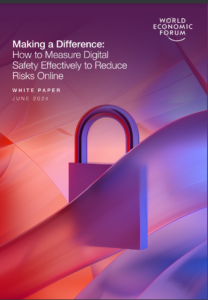
What is digital safety and how do we measure it?
A recent white paper by the World Economic Forum’s Global Coalition for Digital Safety highlights the critical need for assessing digital safety. It provides a roadmap to navigate the complexities of measuring digital safety in the context of ongoing technological advancements and evolving regulatory frameworks.

Narrative-driven case studies
Exciting Opportunity! Safe Online is looking for an agency to conduct in-depth, narrative-driven case studies in the Global South that highlight best practices, enablers, and lessons learned in achieving systemic responses to online CSEA! This work is part of Safe Online’s broader evidence and learning agenda, aimed at generating actionable,
